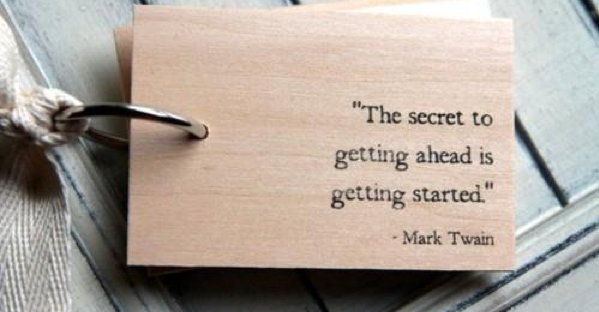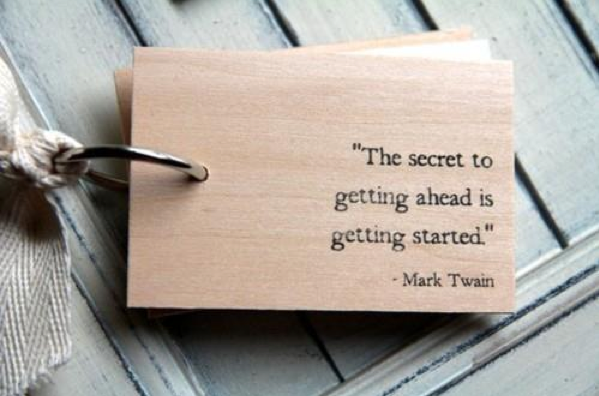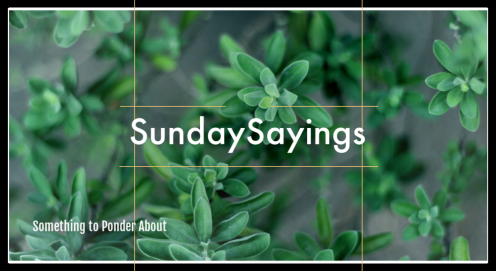“Low self-confidence isn’t a life sentence. Self-confidence can be learned, practiced, and mastered–just like any other skill. Once you master it, everything in your life will change for the better.”
says Barrie Davenport. I wonder if Barrie has ever had problems with confidence himself? It is not easy for everyone to just ‘do confidence.’

But then Eleanor offers us her wisdom with a very grounding quote:
“You wouldn’t worry so much about what others think of you if you realized how seldom they do.” –Eleanor Roosevelt
Andre Dubus, American writer of short stories, novels, and essays, thinks personality quirks and introversion contributes to how confidence a person might be.
“Shyness has a strange element of narcissism, a belief that how we look, how we perform, is truly important to other people.” ~ Andre Dubus
I know some shy people who would be horrified to think that they might be considered narcissist, but I do see what Andre means. In some cases, people who are shy are more internally focused than others. They may want to be accepted, included and to avoid social rejection, but falsely believe everything must be perfect in order to avoid a negative judgement. Accepting who they are can be incredibly empowering and inadvertantly increase self-confidence.
Having said all of that, if someone is content being shy and happy the way life is, that’s no problem at all.
Self-confidence can be crucial in professional sports as Arthur Ashe, Tennis pro points out:
“One important key to success is self-confidence. An important key to self-confidence is preparation.” –Arthur Ashe
The final comment comes from Eker, a motivational speaker. While somewhat inclusive it seeks to normalizes a lack of confidence alluding to attitude as being crucial. It offers some insight into combating and overcoming difficult emotions.
Successful people have fear, successful people have doubts, and successful people have worries. They just don’t let these feelings stop them.” –T. Harv Eker
Do any of these quotes speak to you?


























